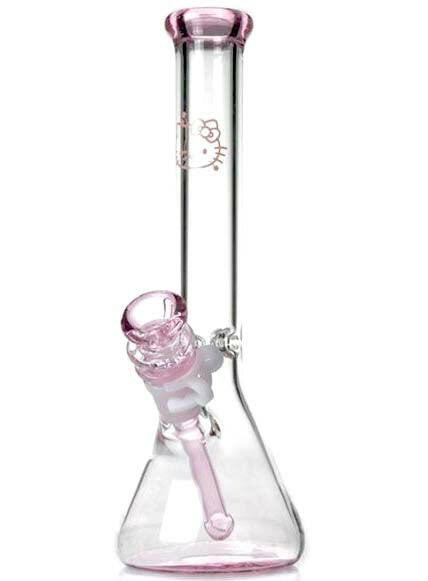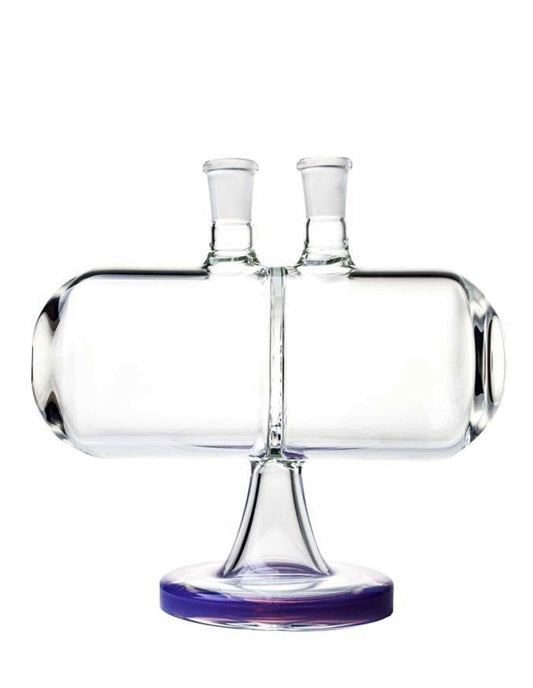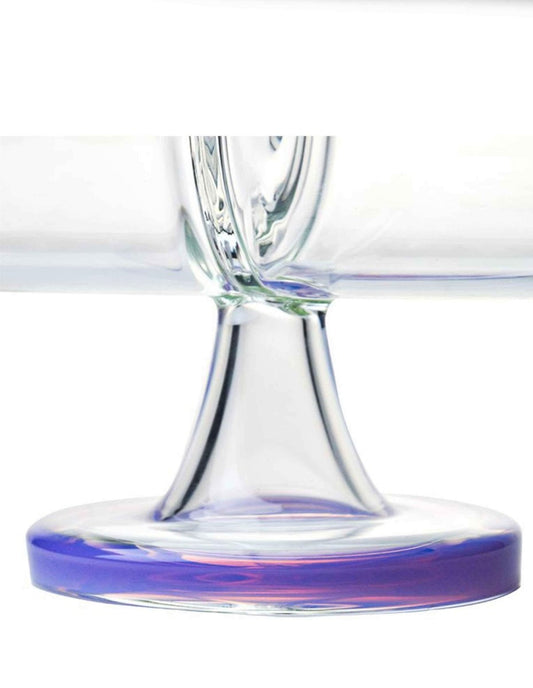Cannabis and Depression Relations
On the last few year, people making the same amount salary, but the cost of living have double, that you know that feeling when life starts to pile on—alot family responsibilities, endless work tasks, angry boss bills stacking up, and a energize kids demanding every last ounce of your energy? It’s a constant juggling act, and if you feel like you’re barely hanging on, you’re not alone.there too man us, These days, stress isn’t just something we experience now and then; it’s an ever-present companion that too often leads to something deeper—depression. The truth? A extremely high percentage of people deal with depression, often without even realizing it. It’s sneaky, often disguising itself as “just another rough day” or “something I’ll get over.” when there is enough that , the fact-checks tell us otherwise.
Depression is more than just a bad day. its combine all that negativity It’s a serious medical condition that clouds how you think, colors how you feel, and drags down your actions. The joy you once found in simple things—hobbies, family time, even the little treats you used to look forward to—begins to fade and gone. And for some, depression isn’t just a private struggle; it’s a tidal wave that crashes into every part of life, affecting relationships, work, and, yes, even the desire to keep going.
CBD’s Surprising Role in Easing Depression
Now, let’s talk about a somewhat unconventional approach that’s gaining traction—CBD. Yep, CBD, before you know it, bad thing that can turn into good, all depend on how you see it, a CBD that chemical extract from the cannabis plant. For those of you raising an eyebrow right now, CBD isn’t the same thing as THC they are different,, the compound in marijuana that gets you high. CBD is all about potential therapeutic effects without the mind-altering “high,” and studies are showing that it might just help with depression by tweaking serotonin levels in the brain. Serotonin, often called the “feel-good” chemical, plays a big part in regulating mood, and CBD seems to interact with the brain in ways that could boost it.
Interestingly, it’s not just any CBD you see on the street that’s showing promise; it’s the products high in CBD but low in THC that appear most beneficial for those grappling with depression. Unlike the traditional image of “cannabis as a drug,” CBD is being viewed as a potential lifeline for mental wellness, one that doesn’t come with the risks and side effects of many pharmaceuticals in now days..
But here’s the catch, like everything else, despite all the promising data, only a small number of people are open to trying CBD for depression. Why? The moment they hear “cannabis,” many people jump to the conclusion that it’s just another drug. Oh no, they think, that’s not for me.which is not true

The Limitations of Traditional Treatments
On the other side of the debate, conventional drugs like antidepressants and antipsychotics have been in the picture for decades. but do they work good ? not much, The problem? They’re not as effective as we’d hope. In fact, studies show that many antidepressants are barely more effective than placebos. That’s right—some of the “best” treatments we have in our medical toolkit often perform on par with sugar pills. And that’s not all. These medications come with hefty risks, from weight gain and insomnia to, in some cases, increased suicidal thoughts.
The idea of “clinical efficacy” sounds impressive,not really when we dig deeper, it’s a reminder that drugs don’t always fix what’s broken. They might dampen symptoms for a while, but curing depression—actually lifting it from the root—is rare to none. And let’s be real: taking drugs can be a slippery slope. Even when they do work short-term, they sometimes leave users feeling foggy, disconnected, or, ironically, even more trapped in their depression.
Drugs Aren’t Always the Answer
So, here’s where it gets tricky. It’s easy to believe that popping a pill might “fix” all depression, but in many cases, it doesn’t at all. Depression is often tied to deep-seated psychosocial struggles—trauma, unresolved grief, a feeling of disconnection or purposelessness—that a chemical solution alone can’t touch. Sure, sometimes medications help reduce symptoms temporarily, especially when other approaches haven’t worked. But it’s clear there’s no magic pill for what is often a very human struggle.all it does is calim you down,
If you just you look at it this way, the notion of using cannabis—or CBD specifically—doesn’t seem so outrageous. After all, if conventional pharmaceuticals aren’t reliably effective, it’s worth exploring other avenues, right?
The Double-Edged Sword of Cannabis Use
But, as with any treatment, CBD and cannabis have their pros and cons.either just like if you taking any depress pill , And while CBD is gaining popularity for its therapeutic potential, cannabis, in general, isn’t a one-size-fits-all miracle. It’s a double-edged sword.
For some, when start using cannabis can be incredibly helpful. But for others, it can bring complications. Have you ever noticed that people who regularly smoke cannabis tend to become more easily irritated or overwhelmed when they don’t have it? It’s a slippery slope. Suddenly, every little frustration, every moment of boredom, feels like a reason to light up. And the more you rely on it, the harder it can be to stay motivated to make real, lasting changes in your life.
Before you know it, days turn into weeks, and weeks turn into months. You find yourself rushing home every day,time go by super fast looking forward to that moment when you can unwind with cannabis, only to realize you’re losing interest in everything else. Hobbies fall by the wayside, social invitations go unanswered, and the days begin to blur together.
Sure,yes cannabis can make the world feel a little easier to face, but it can also lead to a kind of dependency. You become so accustomed to using it to cope that you forget how to handle life without it. a daily user,
How to Use Cannabis Smart
So, again is cannabis really for depression a blessing or a curse? It’s all about the balance. Used responsibly, cannabis—especially CBD—could be a valuable tool for managing mood and emotions. But it’s not a cure-all. Relying solely on cannabis to manage depression can trap people in a cycle of dependency that might mask deeper issues instead of addressing them.
Instead of looking at cannabis as the ultimate solution, try think of it as one piece of a bigger puzzle. For some people, a little CBD or occasional cannabis use can help take the edge off, making it easier to tackle the real, underlying causes of their depression. But using it as a crutch? That can lead to a reliance that’s hard to break, with side effects that can make the road to recovery even bumpier.
Have to Managing Depression Holistically
bascly There’s no one right way to treat depression in the world, and the truth is, it’s rarely a journey you can make alone. Counseling, lifestyle changes, a strong support system, and, yes, sometimes medication can all be part of the solution. For some, cannabis or CBD can be a useful tool in their mental health toolkit. For others, it might not be the answer at all.
try Imagine depression as a tangled knot of emotions, experiences, and stressors. Trying to treat it with just one approach is like trying to untie that knot with one hand tied behind your back. just think about that make me go nut, That’s why a holistic approach, one that considers the full picture of your mental health, tends to be most effective.
Whether it’s talk therapy, money talks, exercise, mindfulness practices, or simply leaning on friends and family, taking a multifaceted approach can help you tackle depression in a way that’s empowering and sustainable. And if CBD or cannabis has a role to play in that process for you? Great. But if you find that it’s adding more stress than relief, it might be time to reconsider.
Final Thoughts
do i recommend use CBD for depression ? thats depends, at the end of the day, depression isn’t something you can just “get over.” It’s a complex, deeply personal struggle that deserves a compassionate, thoughtful approach. And while CBD and cannabis hold promise for some people, they’re not a panacea. There’s no shame in exploring different treatments, whether that means a traditional antidepressant, a natural remedy, or a lifestyle change. The key is to keep an open mind and remember that what works for one person might not work for another.
The goal here is to find a rightful path to healing that feels good for you—a path that doesn’t just mask the pain but also helps you build a life that feels worth living. It might be a long road to go, and there may be setbacks along the way. But with patience, support, and a willingness to try new things, you can find a way through. And who knows? For some, CBD might just be a stepping stone on that journey.







